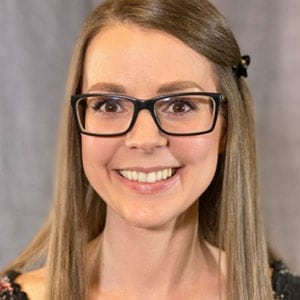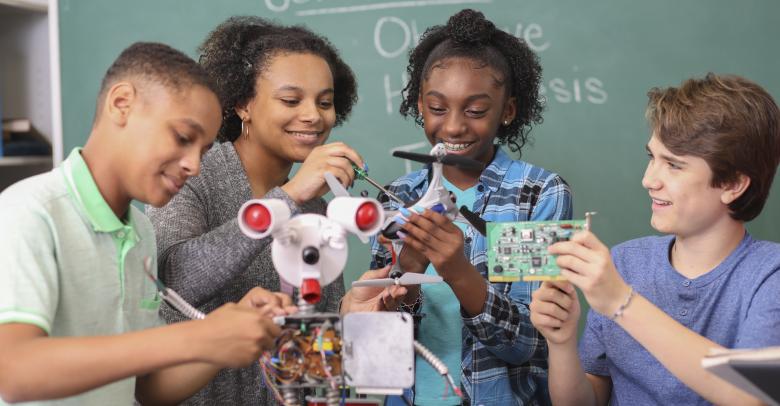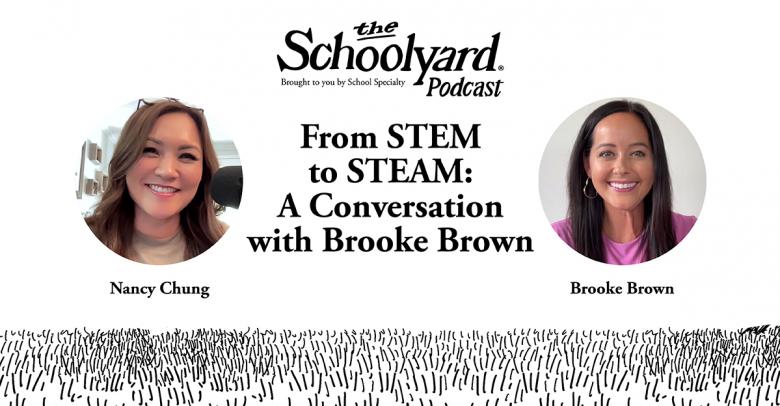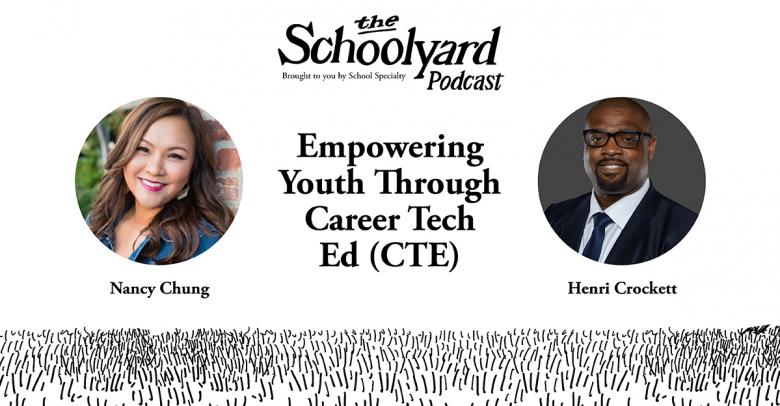When students have the opportunity to code it gives them a chance to learn the logic and patterns of coding, and like learning a new language, opens doors to more creative projects and problem-solving skills. Our STEM/Science Subject Matter Expert, Naomi Hartl, interviewed Emily Johb, a 4th-grade educator, to discuss some myths when it comes to coding. Over the past two years, Emily has started introducing coding with her students and Naomi wanted to gather Emily’s insight into common misconceptions of coding, as well as what she feels, as a new educator to teaching coding, are the benefits of coding.
Naomi: There are many common misconceptions about coding in schools and an educational setting. Emily, I would like to share some common misconceptions and get your thoughts on them.
Emily: Sounds good. Let’s bust some myths.
Naomi: Children only need to learn how to code if they are becoming engineers or scientists. What is your thought on this?
Emily: I can understand why this is a misconception as depending on the career path students take, some may or may not need to use coding in their day-to-day life. But coding is not just about learning how to code, it is also about the skills they learn through coding. It develops 21st-century skills such as logic, problem-solving, and creativity.
Naomi: I have heard teachers state that they need to be the expert in everything that they teach and, therefore, do not feel comfortable nor confident in teaching coding. Emily, do you need to be an expert in everything that you teach?
Emily: Not at all! I tell my students every day that I am not an expert in coding and that we are going to learn it together. My students do not need to see me as an expert; sometimes, they need to see me as a learner too.
Naomi: I don’t know how to use a computer/tablet/iPad/Smartphone/ANY TECHNOLOGY; therefore, I can’t teach it.
Emily: Technology is not going anywhere. There are courses you can take to learn more, or you can find a colleague that is passionate about the topic and ask them to support you. I have done this many times. Heck, I even reached out to you for support using Microsoft Teams this past week.
Naomi: We talked a little about misconceptions, but I would like to hear from your perspective, Emily, what have you found are the benefits of coding for your students?
Emily: When it comes to the benefits of coding, it starts with students learning 21st-century skills. Coding teaches things like logic, problem-solving, critical thinking, communication, creativity, collaboration, perseverance, and resilience. Coding supports our students and children in thinking outside the box. They can tackle problems and make mistakes along the way, and also work through their frustrations. They learn that failing is not a bad thing, and that making mistakes leads to success. My students have been given a chance to study what’s not working, why it’s not working, what can be done to improve it, and come up with a solution to make it work. They are learning how to break down hard problems into smaller, less daunting tasks that are easier to understand and solve.
Naomi: I like this. Coding is not going anywhere. It is our present and future. Our students need to understand it to function in this new world. Learning coding, much like learning a new language, opens doors to more creative projects and problem-solving skills.
Emily: Exactly! Giving students the chance to learn the logic and patterns of coding is a great way to introduce STEM or STEAM skills and help them to develop an interest in technology.
Naomi: Thank you for joining me for a quick conversation about the misconceptions and benefits of coding. I am excited to chat more with you about what you are doing in your classroom with your students!
Robotics & Coding Activities and Tools
Looking for ways to engage students in robotics and coding activities? Browse a wide selection of products to take your lessons to the next level.
Naomi Hartl
Naomi Hartl graduated from the University of Saskatchewan and started teaching in her home province of Saskatchewan, Canada. She has taught a variety of subject areas including biology, mathematics, health education, physical education, home economics, and career education. In 2015, she relocated to Oregon, USA, to work with School Specialty and has worked in curriculum development and writing with the company and is now the Science and STEM Subject Matter Expert. Working with School Specialty has allowed her to pursue her dream of making a difference in the lives of teachers and students by curating solutions to create safe, equitable, and successful learning programs.
Read more by Naomi Hartl–>







Leave a Reply